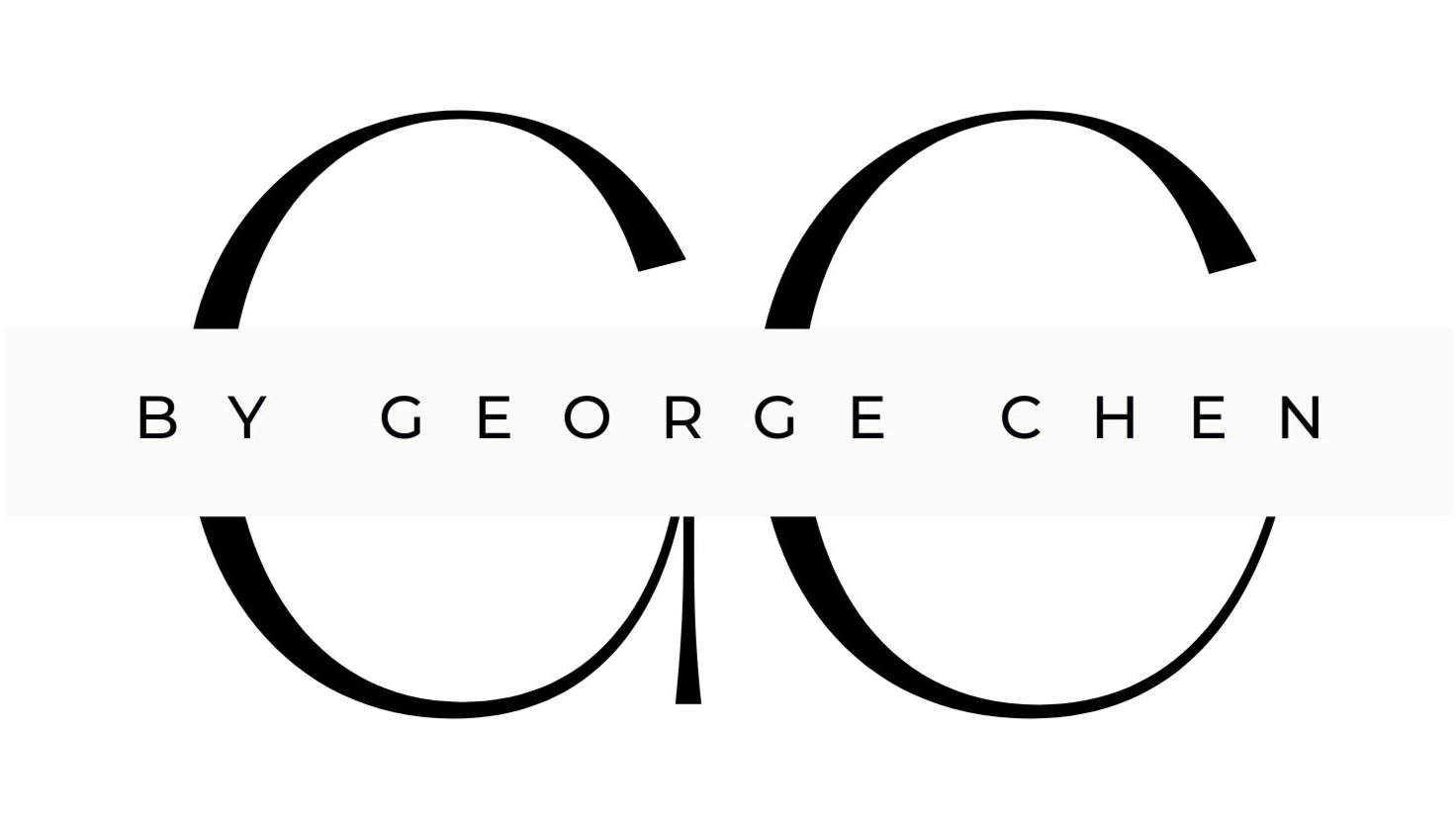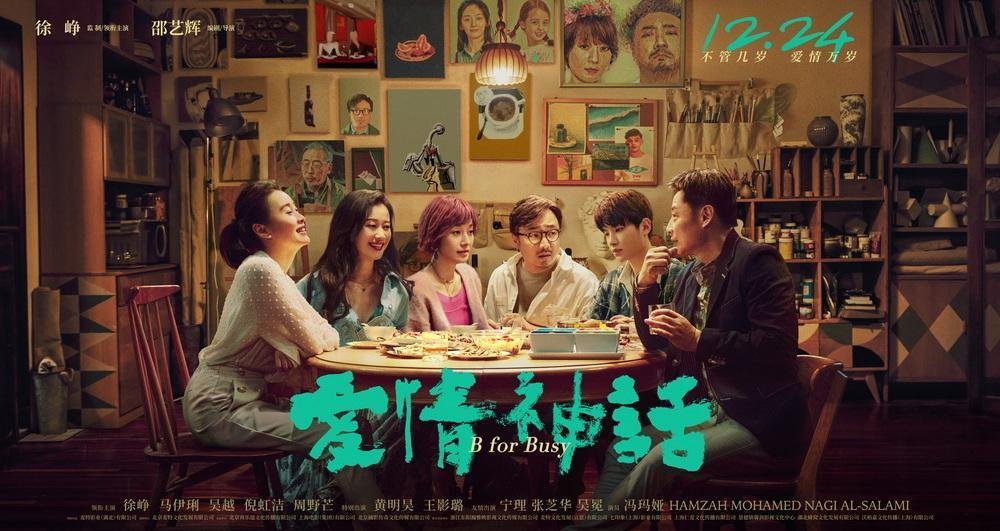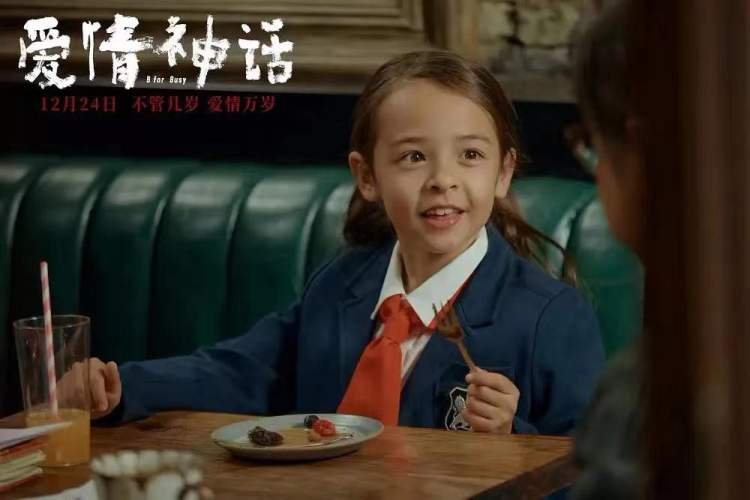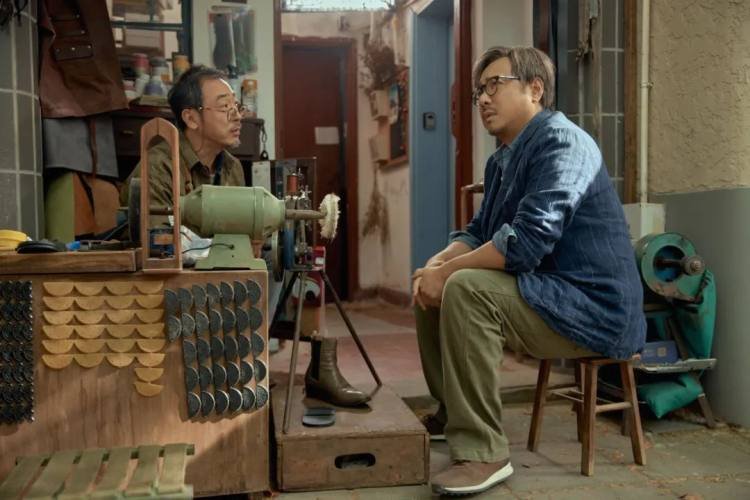An honest man from Shanghai
(This is a tribute to my grandpa)
By George Chen
Every Chinese family can tell a fascinating story of contemporary and modern China. So does my family – I mean my roots in Shanghai.
The story about my birth in Shanghai should start with my grandparents, and perhaps their parents too. My grandpa Shao Shude was born in the early days of the young Republic of China. In Chinese characters, his name Shu (樹) literally means tree (or “plant something”, as a verb) and De (德) means virtue. I understand the name comes from an old Chinese saying: It takes ten years to grow a tree; It takes a hundred years to grow (several generations of) people (十年樹木,百年樹人).
For me, my grandpa did his job properly – to grow a few generations of us, my parents and his grandchildren.
The Shao family
The story about my grandpa has to start with the family name Shao, which is the shared name of a humble village in the eastern Chinese province of Jiangsu close to the city of Shanghai. Few outsiders actually know that my grandpa was adopted by the quite wealthy Shao family in the village right after he was born in a very poor family, of which we don’t even know the name to this day. My great grandpa Shao Jinhai has always been a businessman in my memory. Shortly after he adopted my grandpa, the whole Shao family decided to move to Shanghai for their new life, and they did very well.
In Chinese culture, a name means a lot. My great grandpa Shao Jinhai’s name literally means the “ocean (海) of gold (金)”. I know very little about my ancestors on my mom’s side prior to my great grandpa. But from the name of my grandpa I can guess that the Shao family must have set their life goals for being rich for a long time. My great grandpa turned the family goal into reality and proved himself a successful businessman in Shanghai.
I don’t remember if anyone told me how my great grandpa started to build his business empire in Shanghai, including his core business about the production of matches. Let me remind you what a match is. A match is something you use to start a fire, for example, to light cigarettes. Nowadays few people will think of matches because of technology and innovation, i.e. the invention of lighters. But in the old days, matches were important resources and there were also match boxes people did collect, especially those boxes printed with rare labels.
According to my grandma, at one point my great grandpa’s match business occupied about one fourth of the total market share in Shanghai, making my great grandpa well known as a “King of Matches” (火柴大王). He might not have been as wealthy as top-tier tycoons like Du Yuesheng (杜月笙) and Huang Jinrong (黃金榮), but it was good enough to have a high living standard in Shanghai, widely known as the “Paris of the Orient” in the Republican era.
My great grandpa used to have a very beautiful private house on Yu Yuan Road (愚園路), one of the most elegant streets in Shanghai. The neighborhood alongside the street is full of the elites including Wang Jingwei (汪精衛), a controversial Chinese politician who for many years served as the puppet state head of China under Japanese rule, and ex-Shanghai Mayor during the Kuomintang (國民黨) era, Zhou Fohai (周佛海). Later when my grandpa got married, my great grandpa gifted him a spacious apartment right behind the famous Park Hotel (國際飯店) near the old racecourse, which is now the People’s Park in Shanghai.
Fast forward. When I bought my first property in Shanghai in the early 2000s, I happened to buy on the same classic Yu Yuan Road, not too far from the former residence of my great grandparents. Their residence was unfortunately taken over by the Communist government during the Cultural Revolution, just like many others who were labeled as “Big Capitalists”.
I remember when I told my grandpa about my apartment on Yu Yuan Road. He told me he was happy and that the whole thing felt like a destiny of full cycle for our big family. What we lost in the older generation was regained in our own ways by the younger generation.
Not exactly the same beautiful private house. But it already meant a lot.
The Shanghai legacy
For the locals in Shanghai, location does mean a lot of things. Those areas in the city centre including the large former British and French concessions are known as “Upper Shanghai” (上隻角) and the rest are known as “Lower Shanghai” (下隻角). Location indicates your family background, your social status, and perhaps also your destiny - especially in the old times.
Nowadays the locals tend to be more polite and don’t discuss locations openly. But in many local minds, I know people still have strong opinions about Pudong (浦東, the eastern side of the Huangpu River, which is now known as the Pudong New Area of Shanghai) versus Puxi (浦西, the “old town” of Shanghai, on the other side of the Huangpu River).
Born into a rich family, my grandpa didn’t need to worry about life that much from the very start. He was not very interested in my great grandpa’s business, which eventually saved him from trouble during the disastrous Cultural Revolution that completely changed the development path of modern China.
My grandma sometimes joked to me that my grandpa was known in his circle as an “honest playboy”. Being a playboy means he used to attend many balls in those luxurious nightclubs and dance halls, like The Paramount around the corner of Yu Yuan Road. Of course, it was so close to his old residence with the big family. Being “honest” means my grandpa reported everything he did and saw in those dance halls to my grandma, and later he decided to fade out of his “dancing circle” after he got married.
Perhaps on the brighter side, my grandpa was lucky to have a good education during his youth. My great grandpa always encouraged his kids to study hard, as he believed in education that can change one’s destiny and make more fortune.
My grandpa first attended the Franco-Chinese School (中法學堂), established by French missionaries in 1886, which was taken over by the Shanghai government quickly after the end of the Civil War in the early 1950s and renamed the Shanghai Guangming High School (上海光明中學). Guangming means “brightness”, a popular name for buildings, factories, and almost everything in the era of Chinese Communist leader Mao Zedong (毛澤東).
Perhaps it was just another coincidence that I was accepted by Shanghai Guangming High School – decades after my grandpa’s studies at the Franco-Chinese School – and I had quite bright memories of my schoolhood in Guangming.
After the Franco-Chinese School, my grandpa continued to study at St. John's University, a Christian university in Shanghai founded in 1879 by American missionaries. In the history of contemporary China, St. John’s University is often dubbed by scholars as the “Harvard of China”.
I don’t remember if my grandpa managed to graduate from St. John’s or not. It was an extraordinary time in China. First, the Japanese came, and then the Civil War broke out. I do remember my grandpa told me his father donated money to the National Government of Kuomintang to sponsor the Chinese military to buy planes to fight against the Japanese.
During the Chinese Civil War, my great grandparents were both already much older and they began to plan their retirement, including moving to a safer place like Hong Kong, still under British rule at that time and a popular destination for rich migrants from Shanghai.
Hong Kong, almost
Before the Civil War ended in 1949, some of the big Shao family moved to Hong Kong and Taiwan respectively. In the old days of Shanghai, a man was allowed to marry several wives legally, hence my great grandpa had several women, including a nurse-turned “second wife”, who eventually settled down in Hong Kong.
However, my great grandpa himself decided to stay in Shanghai partly due to the large scale of his assets, including properties, factories, and many workers who worked for him for almost their entire lives. So my grandparents, who come from the wing of the “official first wife” of my great grandpa, also decided to stay.
Such a life-changing decision quickly proved to be a big mistake that my grandma has complained about for decades.
When I told my grandparents about the opportunity for me to move to Hong Kong for a job with the British news agency Reuters in 2007, I still remember such a firm, direct, and short answer from both of them: “Go, of course you should go.”
In the early 1950s, the Communist government did show a lot of respect to the capitalists for social and economic stability in Shanghai. My great grandpa was allowed to keep most of his businesses, including the core match business, private and independent. Later the government declared matches should be included as part of “resources for military use” and proposed to form a new joint venture with my great grandpa.
My great grandpa had to accept the so-called peace-making deal, even though his stake of the company was sold to the government at a very cheap price.
The Cultural Revolution changed everything and everyone in China during its horrible ten years. It should be no surprise to anyone that my great grandpa’s business was eventually fully occupied by the government and his whole family, including my grandpa, became “enemies of the people”. The reason? Because they were rich so they were the opposite of the proletariat, i.e. the workers.
To make a living, my grandparents had to find ways to deal with the “Red Guards” who can rush to your home and search for everything again and again without any legal notice or permission. The “Red Guards” were the loyalists of Mao. They were the kings during the Cultural Revolution. My great grandpa, once upon a time known as the “King of Matches” in Shanghai, was suddenly nobody.
My grandma once told me some funny stories of how she managed to hide some assets during those random home searches by the “Red Guards”. One day she decided to hide some money in a big framed portrait of Chairman Mao. “I guess they don’t dare to touch anything that symbolizes Chairman Mao,” she said, jokingly.
How lucky. If she was caught, it could mean the death of my grandma. In those turbulent times, all families in China tried to save their own lives and only care about their own interests. The several generations of the “Cultural Revolution” eventually became the very selfish generations, which to this day I think still have some long term implications on Chinese society.
One of my favorite books about this part of Chinese history is “Life and Death in Shanghai”, an autobiography published in the United States in November 1987 by Nien Cheng. Cheng’s story was far more dramatic, but I know every Chinese family who survived from the decade-long Cultural Revolution can certainly share a lot of similar memories.
After the Cultural Revolution, my grandpa was invited by the government to return to work for the Shanghai Match Factory, which was the result of the merger of three or four private match manufacturers in Shanghai, including the one owned by my great grandpa. Apart from a job offer at the new state-owned enterprise, my grandpa didn’t get anything else for compensation. In fact, no one talked about compensation as if the Cultural Revolution never really happened.
My grandpa accepted the job and then he became an accounting manager at the factory, thanks to some financial knowledge he learned during his time at St. John’s. He worked in more or less the same role until he retired in his early 60s.
The rest of his life – for almost another three decades – was mostly content and fun, together with the big Shao family.I should say his post-retirement life was also quite “delicious” as my grandpa focused more on his hobbies of eating and cooking. In today’s popular language, my grandpa was quite a foodie.
Being a fellow foodie, I definitely inherited his DNA!
Eight Treasures
My grandpa was a big fan of spicy cuisine. The more spicy, the better for him. His passion for spicy food left a mark on my tastes too. I can add a few spoons of spicy sauce, especially the Chinese Sichuan-style chili sauce, to anything I eat, wonton, noodle, soup, beef, crabs, and almost anything else you can name. My mom is often worried if I add too much spice, which the doctor will warn you about lest you get stomach trouble.
One of the most popular dishes my grandpa cooked for the family was something we call “Eight Treasures in Spicy Sauce” (八寶辣醬) in Shanghai. It’s called “Eight Treasures” for a reason.
Eight is a really lucky number in Chinese culture. A dish with 8 main ingredients? It’s luck in a bowl. This is a common dish for any Shanghai family and different families cook in their own ways. The eight ingredients usually include pork, chicken, or both, and shrimp, mushrooms, bamboo shoots and so on. There is no strict rule on what the eight ingredients must be, as long as you get eight main things as you don’t want to miss the lucky number eight.
For me and my family, my grandpa’s “Eight Treasures” is always the best we can get in Shanghai. It had been a family tradition for many years that the big Shao family get together for reunion dinner on Lunar New Year’s Eve and my grandpa would cook “Eight Treasures” as one of the dishes. In more recent years, the Shao family began to choose to dine out on Lunar New Year’s Eve due to my grandparents’ age. I told my mom I did miss the good old days when the whole big family could sit around the table for dinner at home – usually at the residence of my grandparents – rather than in a hotel or restaurant.
The last time my grandpa cooked “Eight Treasures” for me was in the autumn of 2019 when I made a quick trip to my hometown Shanghai. My parents and I went to see my grandparents and it was a short visit as we didn’t want to bother them too much. However, my grandpa insisted I should stay for at least one hour and then he went to the kitchen to cook the “Eight Treasures”. He knew I liked to eat “dry noodle” mixed with the “Eight Treasures” and that became my quick lunch before we said bye to my grandparents.
One of my regrets is I didn’t get a chance to ask my grandpa to write down his “family secret” recipe for “Eight Treasures” and I don’t think I can have the same taste any more. Or perhaps it’s more about my memory than the taste of food.
A big and open heart
Talking of “family secrets”, one of the “open secrets” for the big Shao family is my grandpa’s health situation since he was just a child.
Shortly after my grandpa was adopted, my great grandpa got a doctor to do full checks and the doctor quickly confirmed my grandpa may have some genetic heart problems. I don’t know the details, but I remember once my grandparents jokingly saying some doctors predicted my grandpa would not live long given his heart problem. This had been an open secret for the Shao family for decades while nobody really wanted to talk about it at all.
I still don’t know if my grandpa took his heart problem too seriously or perhaps just let it be. It may have some impact on his personality as my grandma sometimes complained that my grandpa was not an “ambitious man”.
“If your grandpa is a little bit more ambitious, he perhaps could take over more wealth and business from your great grandpa, and perhaps the whole family would have settled down in Hong Kong or Taipei rather than being stuck in Shanghai during the Cultural Revolution,” my grandma once said to me in front of my grandpa.
My grandpa laughed. In response, he jokingly said it was all about destiny and God knew how to deal with everyone and everything. Sometimes I wonder if his sort of Confucius approach to life was a result of his heart disease. If so, then it turned out my grandpa did enjoy a very big and open heart for the world and people around him.
When my grandparents knew my decision to move to Hong Kong, the only advice they gave me was “to take better care of myself from now on.” For them I may be like someone who can finally take over the torch from my grandparents and carry it to Hong Kong, a place where they almost decided to move, way before the perfect storm of Cultural Revolution hit all the capitalists on the Mainland.
My grandpa did visit Hong Kong a couple of times, accompanying my great grandpa for some business trips. That was before the end of the Civil War and my great grandpa felt it was important to diversify investments so he decided to move some wealth abroad. Hong Kong, just like nowadays, has always been the first choice for many rich Chinese to consider when it comes to diversifying their investments and wealth.
I once joked with my grandparents if they decided to move to Hong Kong in the early days, then my mom would be born in Hong Kong, and who knew whom my mom would meet and my dad would be, or perhaps I would not have been born into the world. They all laughed when I made such meaningless hypotheses.
Of course, life cannot afford to have so many “ifs”. Life is all about who, when and what happens. Like what my grandpa said, life was all about destiny.
At the age of 91, my grandpa made his life complete and concluded his destiny.
This is the story of my grandpa. I decided to write this because I want his story to be told and remembered. His life may seem like an insignificant one but he did live through all the significant changes of contemporary and modern China, for better or for worse.
Every Chinese family must have a story to tell. This is our story.
Farewell, my grandpa.
(February 28, 2023, Shanghai, China)
















